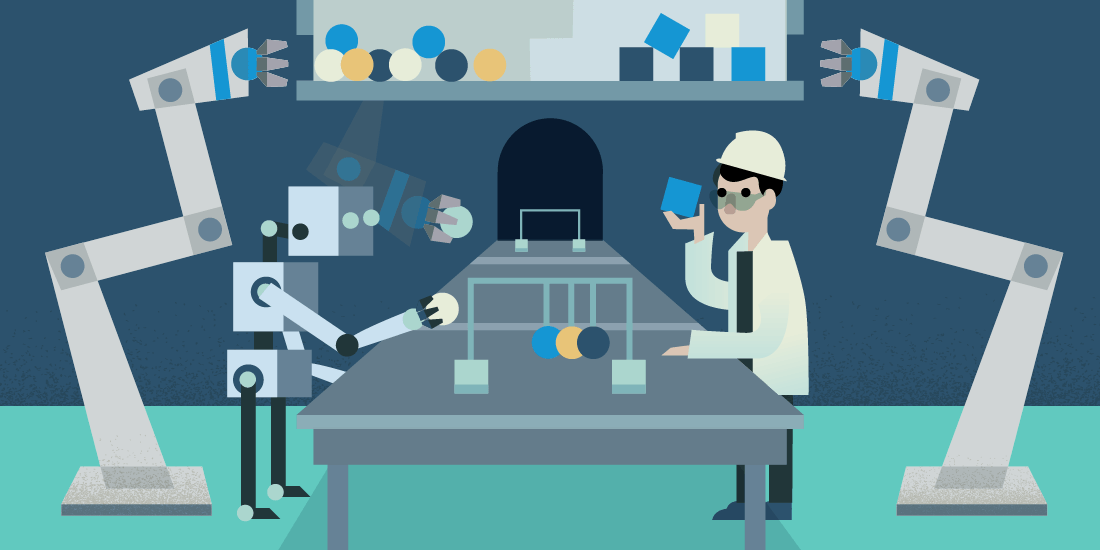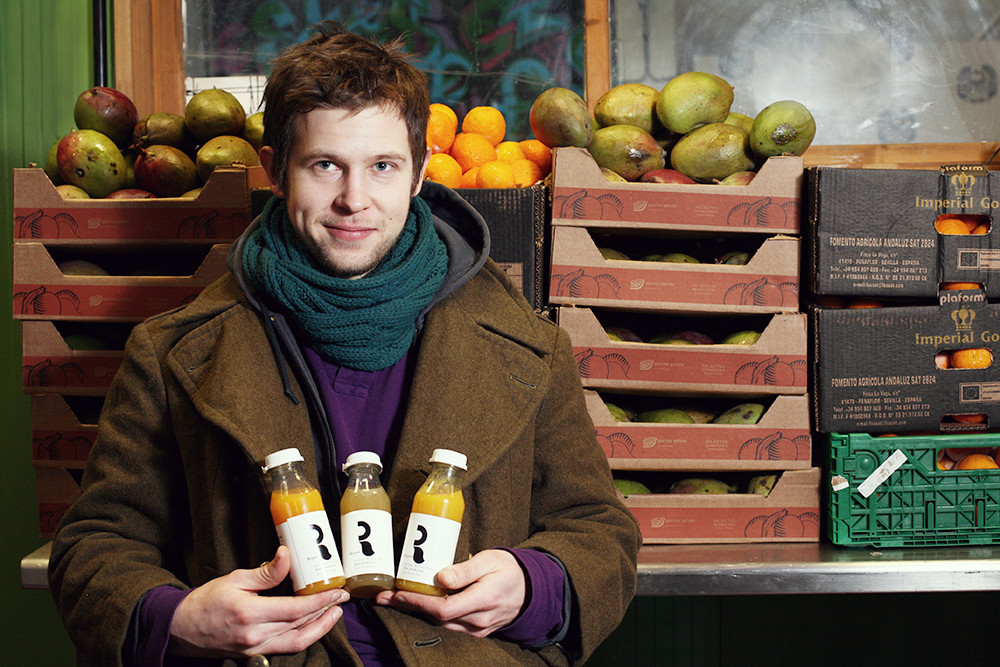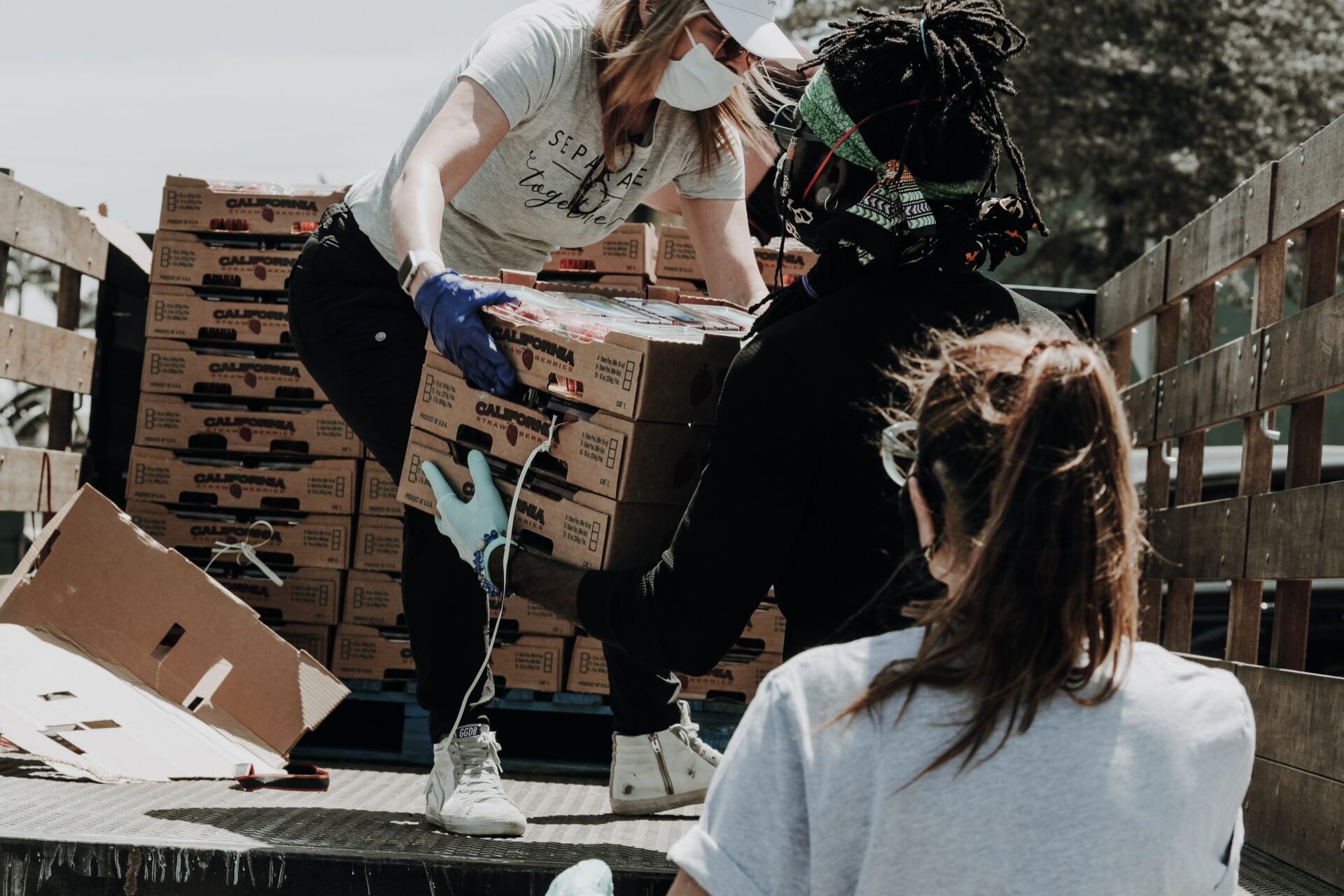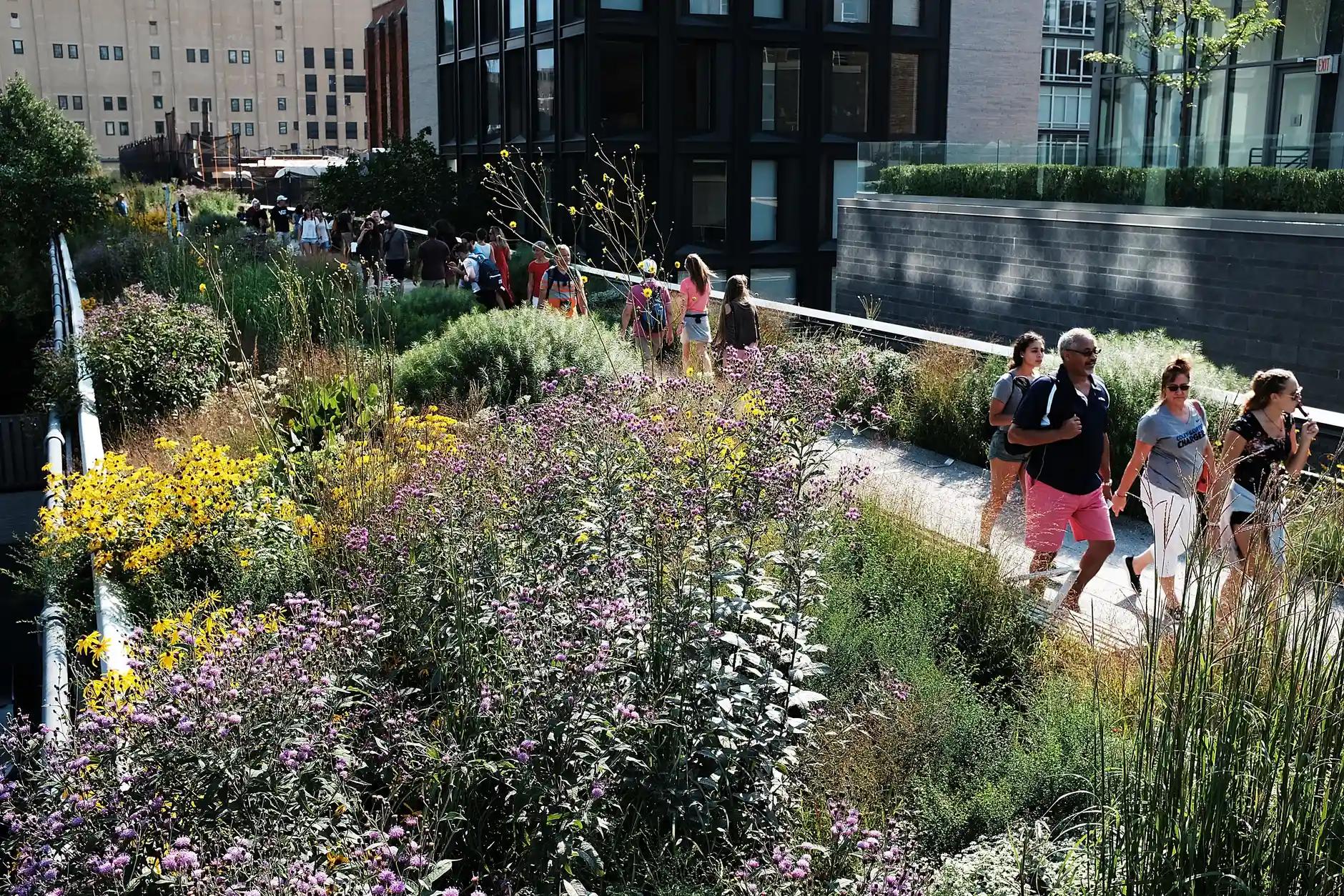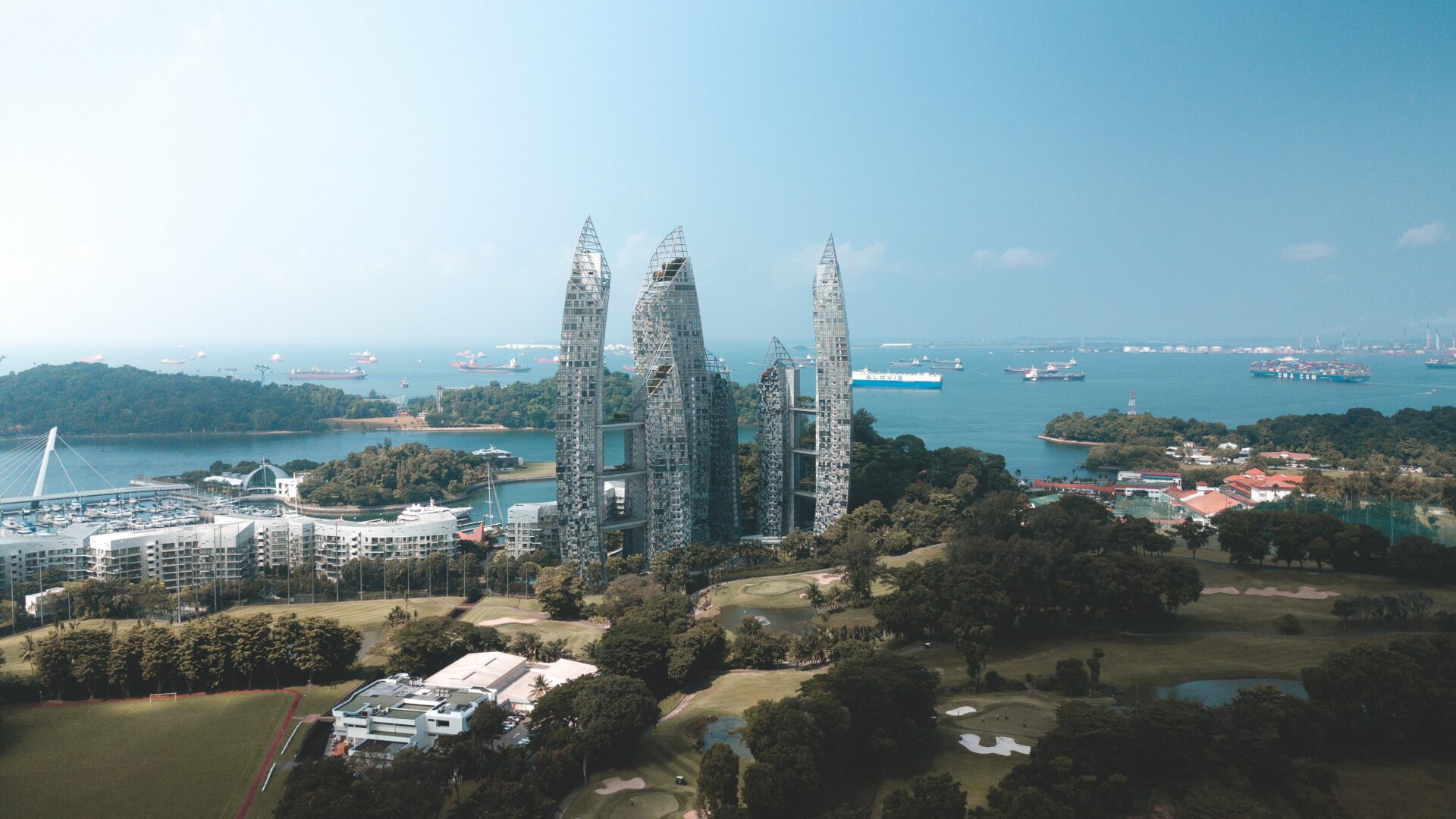Imagining a networked future for the manufacturing industry
A couple of years ago Radha Mistry, who leads foresight practice at Autodesk, presented a potential future for the manufacturing industry, a much more networked and flexible future. What if small towns impacted by local plant closures, with no jobs, no money, and a dying Mains Street were instead home to a new version of the industry? One modelled around “a network of configurable microfactories that leverages the manufacturing-as-a-service concept?”

